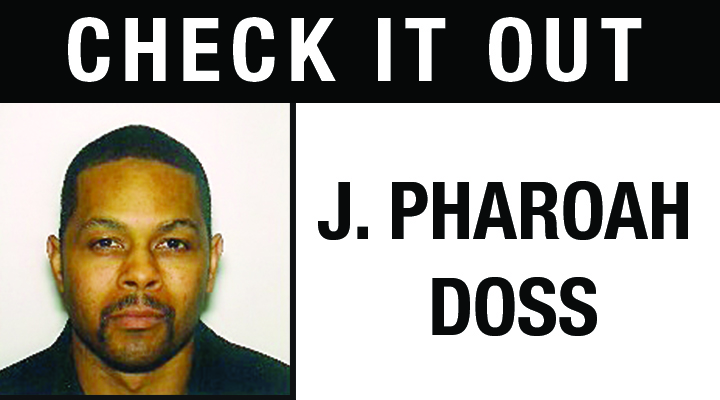by J. Pharoah Doss, For New Pittsburgh Courier
The Cold War ended when the Soviet Union collapsed in 1991. Instead of sighing in relief, the West beat its chest. The following year political scientist Francis Fukuyama published The End of History.
Fukuyama didn’t mean history stopped being recorded. It was a reference to Marx’s theory of history. Marx believed history progressed through socioeconomic stages. First, feudalism than capitalism. Both were systems of exploitation that led to class conflict.
Marx predicted the capitalist stage would end with the working class overthrowing the ownership class. Which in turn would create a “dictatorship of workers” under the new socioeconomic banner of socialism. Marx’s final stage of history was communism, a classless and stateless society where cooperation replaced competition and human beings were all equals.
Fukuyama was convinced the implosion of the USSR (Union of Soviet Socialist Republics) indicated Marx’s final stage of history would never materialize. Therefore, history ended in the capitalist stage with Western liberal democracy as the final form of human government. According to Fukuyama, the universalization of this final form of government would advance underdeveloped countries and establish a global order of peace since “mature democracies rarely or never go to war with one another.”

However, a group of neo-liberal geopolitical strategists in the United States misconstrued the “end of history”. They assumed it was a license to achieve what their Soviet counterpart could not accomplish and decided to exert global dominance by spreading Americanized liberal democracy around the world. They also decided to make the Western alliance stronger by allowing former Soviet satellite countries to join NATO. This isolated Russia and diminished its sphere of influence.
Of course, US neo-liberal ambitions led to misadventures in Iraq and Afghanistan.
As the West began to experience self-doubt, Russian philosopher Alexander Dugin, also known as the mind behind Russian President Vladimir Putin, published a response to Fukuyama’s End of History in 2012, it was called The Fourth Political Theory.
Here he stated liberalism persistently fought against its enemies and by the end of the 20th century defeated them all. As a consequence of such a turn in history, all other political ideologies, passionately feuding against each other during the last century, lost their currency. Conservatism, fascism, and communism, together with their secondary variations, lost the battle. But triumphant liberalism ceased being an advanced sociopolitical ideology and mutated into a lifestyle of consumerism, individualism, and postmodernism. (This was why people in the Middle East said they wanted modernization without Westernization.) As it turned out, it wasn’t just the defeated political ideologies that left the world stage, but liberalism also exited.
Dugin said those that do not agree with liberalism are in a difficult situation. How can they defeat an enemy that had already dissolved and disappeared?
The answer was by developing a fourth political theory and re-starting history in the 21st century.
Dugin said for Russia the Fourth Political Theory has immense significance. The majority of Russian people view their integration into a global society as a loss of their own identity. The Russian population had almost entirely rejected liberal ideology in the 1990s. But it was apparent a return to the political ideologies of the 20th century was unlikely. Fascism and communism came with the moral cost of totalitarianism and proven themselves to be incapable of opposing liberalism. Therefore, in order to fill this political and ideological vacuum, Russia needs a new political idea, a Fourth Political Theory. For Russia, this is a matter of life and death—Hamlet’s eternal question. If Russia chooses “to be”, then it automatically signifies the creation of a Fourth Political Theory. Otherwise, for Russia there remains only the choice “not to be”, then quietly leave the historical and world stage, and dissolve into a global world, neither created nor governed by Russians.
After Russian President Vladimir Putin invaded Ukraine in February, political pundits in the West suggested Putin was refighting the Cold War, but it never occurred to them that Putin was re-starting history and initiating the beginning of the end for the West.